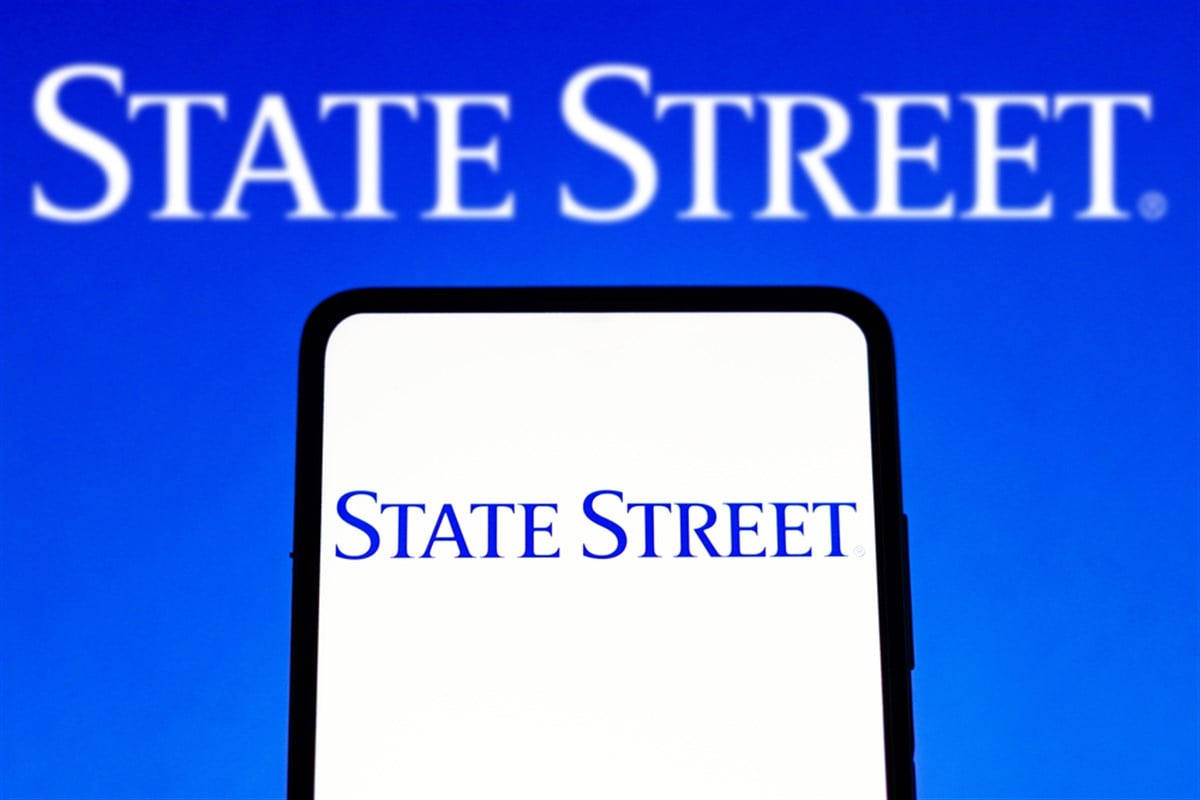
The finance industry is characterized by fluctuations, alternating between periods of growth and volatility. During uncertain economic periods, investors pay close attention to the actions and accomplishments of prominent asset management and custodial companies. These institutions hold significant sway over the market, and their success or struggles can offer valuable insights into the current economic climate. Two leaders of the industry, Blackrock (NYSE: BLK) and State Street (NYSE: STT), recently released their latest earnings reports for the first quarter of 2024 (Q1FY2024), providing a detailed look into how they are navigating the current market volatile conditions.
Blackrock's Performance Under the Microscope
Blackrock is the world's largest asset manager. Blackrock’s earnings report release for the first quarter of 2024 offers a snapshot of Blackrock’s financial health. A key metric that most investors scrutinize is earnings per share (EPS). Blackrock's EPS of $9.81 was higher than analyst expectations of $9.24. This EPS performance provides an initial picture of the company's strong profitability amidst market conditions.
Revenue, another crucial indicator, increased by 11% to $4.73 billion. To understand the sources of this growth, it's essential to look at the different revenue streams. Investment advisory and administration fees, a cornerstone of Blackrock's business, saw a healthy growth of 8.7% in Q1 2024, reflecting continued strength in their core operations. Additionally, a significant increase in performance fees suggests that the iShares ETF business segment is performing well. Technology services revenue, primarily from the Aladdin platform, grew modestly, indicating there could be further potential to maximize revenue from this segment. Finally, other investment advisory services, such as distribution fees and advisory revenues, showed minor fluctuations, suggesting they could be areas for analysis to boost performance.
Blackrock's assets under management (AUM), a crucial indicator of its business health, hit $10.50 trillion in Q1 2024. This substantial AUM figure reflects strong net inflows of $76.4 billion, fueled by positive market movements and changes in foreign exchange rates. The growth in AUM can likely be tied to favorable market conditions and positive investor sentiment. Blackrock's success in attracting and retaining clients, particularly within their ETF business and active management segments, likely also contributed to the increase in AUM. Increased investor confidence in Blackrock's management capabilities is a key takeaway from this impressive figure.
State Street's Report Card
State Street is a major player in the global custodial banking industry. State Street’s earnings report for the first quarter of 2024 provides insight into State Street’s financial health. The company reported earnings per share (EPS) of $1.50, which fell slightly short of State Street analyst community expectations of $1.52. This miss suggests potential challenges the company faced during the quarter.
State Street reported total revenue of $3.138 billion, representing a modest 1% increase compared to the same period last year. Positively, fee-based revenue showed a stronger 4% growth, highlighting the company's focus on generating stable income. Digging deeper into the revenue streams reveals important financial trends. Management fees, a significant contributor, experienced robust growth of 12%, potentially driven by higher market levels and net inflows. This growth indicates strong investor confidence and success in attracting new clients or expanding existing accounts.
State Street's assets under management (AUM) reached a record-breaking $4.3 trillion. This impressive 20% increase year-over-year was fueled by market conditions and net inflows, indicating that more assets are flowing into State Street's management than are being withdrawn. AUM growth of this magnitude indicates investor confidence in State Street's management capabilities and signifies the company's success in attracting and retaining clients. This suggests that investors trust State Street to deliver performance and value aligned with their investment objectives.
How Blackrock and State Street Stack Up
Earnings data provides an initial comparison. Blackrock's EPS of $9.81 exceeded analyst expectations of $9.24, while State Street's EPS of $1.50 fell slightly short of expectations at $1.52. This suggests Blackrock may have outperformed relative to market predictions this quarter.
Trends in AUM are vital for assessing growth. Blackrock experienced an impressive AUM increase, reaching $10.50 trillion. State Street also saw substantial growth, with its AUM hitting $4.3 trillion. Both companies demonstrated the ability to attract and retain clients, but Blackrock's AUM growth may signal slightly stronger investor confidence.
Blackrock's 11% revenue growth outpaced State Street's more modest 1% increase. This could partly be attributed to Blackrock's significant increase in performance fees, which could be tied to the strength of its iShares ETF segment.
Who's Poised to Prosper?
Blackrock's outperformance on EPS and substantial AUM increase may make them attractive to investors seeking strong growth potential. Despite the slight EPS miss, State Street still demonstrates stability and a focus on innovation. Their performance could appeal to investors prioritizing those qualities.
Investors need to align their investment decisions with their unique circumstances. Those with a lower risk appetite may lean towards State Street's track record and emphasis on technology. Conversely, investors with a higher risk tolerance and a long-term investment horizon may be drawn toward Blackrock's focus on growth and strong ETF performance.
Blackrock appears to have outperformed State Street in Q1 2024. Their exceeding analyst expectations, strong revenue growth driven by performance fees and substantial AUM increase suggest significant investor confidence and potential for continued growth. While State Street demonstrated positive AUM growth and stability, its slight EPS miss and more modest revenue increase indicate it may be on a less aggressive growth trajectory than Blackrock.




